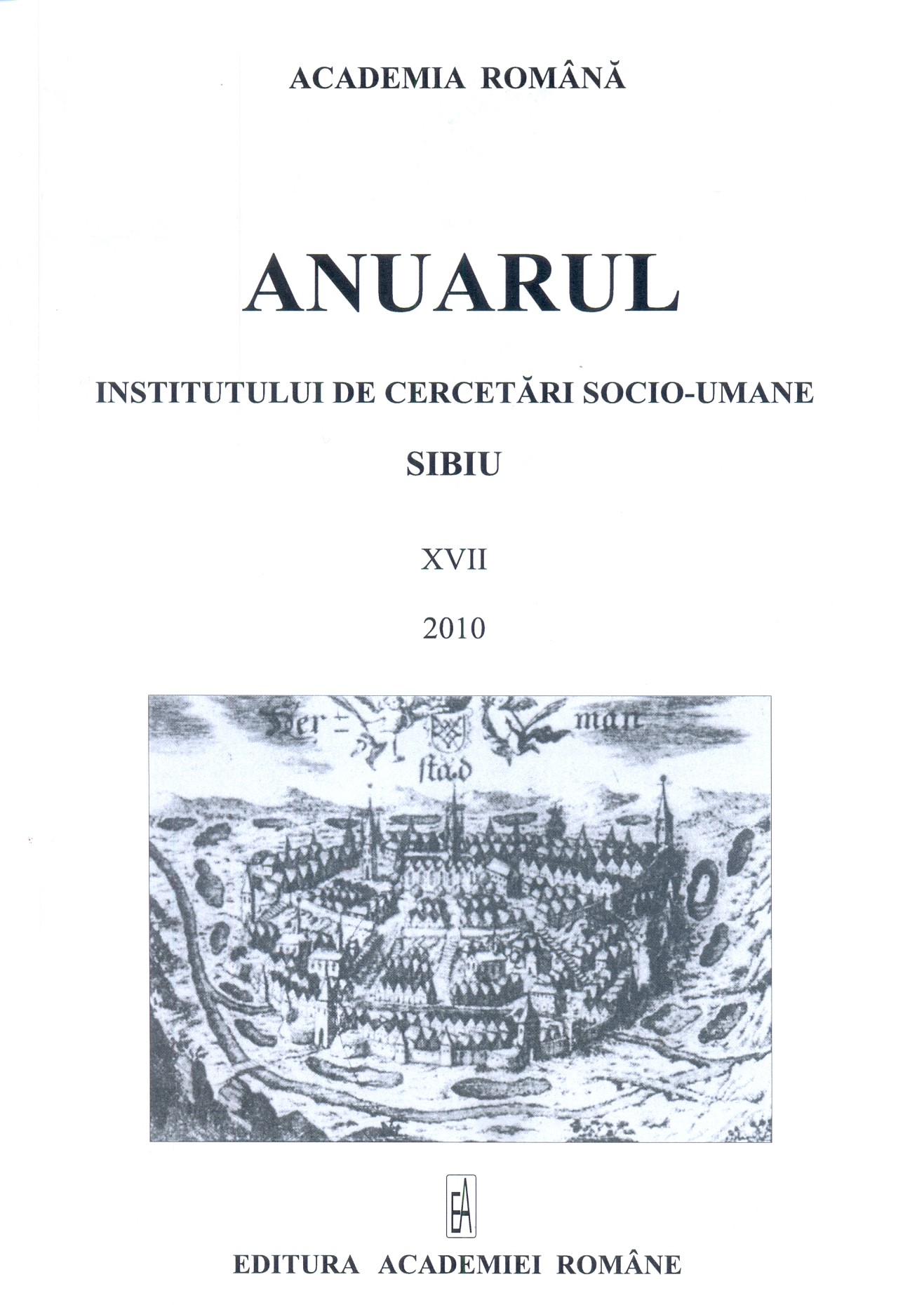MEDIUL DIPLOMATIC DIN SECOLUL AL XIX-LEA ŞI EMANCIPAREA LIMBII ROMÂNE
THE DIPLOMATIC BACKGROUND OF THE 19th CENTURY AND THE EMANCIPATION OF THE ROMANIAN LANGUAGE
Author(s): Adrian PopescuSubject(s): Cultural history, Diplomatic history, Historical Linguistics, Romanian Literature, 19th Century
Published by: Editura Academiei Române
Keywords: national language; emancipation; elites; writers; diplomats; 19th century;
Summary/Abstract: The documents we find at the National Archives offer us surprising details about a part of the Romanian writers that were active in the 19th century, about their diplomatic role. The French language and spirit make it through to the Romanian lands together with the extension of the Ottoman Empire in Europe. The French current was introduced also through the Russian diplomatic environment. The French Revolution also contributed to its expansion. In 1800 the young boyars were instructed to build the new political class and culture with the goal to escape from under Turkish dominion. This is how the urge of studying the French culture appeared and also the urge of gaining a national literature. In this period the Romanian diplomatic writers manage to fulfill many translations and many original works inspired by the French literature. Even the diplomatic mail are written with a French influence. The development of the Romanian language in the 19th century is also due to the Latin current that was promoted by „Şcoala Ardeleană”. This current extended to the Romanian lands and it was taken by the Romanian diplomatic writers of that century. Another factor that influenced the evolution of the Romanian language are the notes and chancellery mails in which there can be found several references towards the necessity of supporting the national language through setting up the Romanian Academy. All these great dreams have been fulfilled within the first days after prince Al.I. Cuza’s abdication. On February 11th, 1866, C.A. Rosetti presented the “Romanian Literary Society” project to the Council of Ministers. The first session was held on August 1st, 1866 and it was the start on the road of absolute emancipation of the Romanian language. According to it’s statute, the main roles of the academic society were the development of the Romanian language and literature, setting the compulsory orthographic norms of the Romanian language, the study of the Romanian national history and the encouragement of research in the most important scientific domains.
Journal: Anuarul Institutului de Cercetări Socio-Umane Sibiu
- Issue Year: XVII/2010
- Issue No: 17
- Page Range: 109-114
- Page Count: 6
- Language: Romanian
- Content File-PDF

